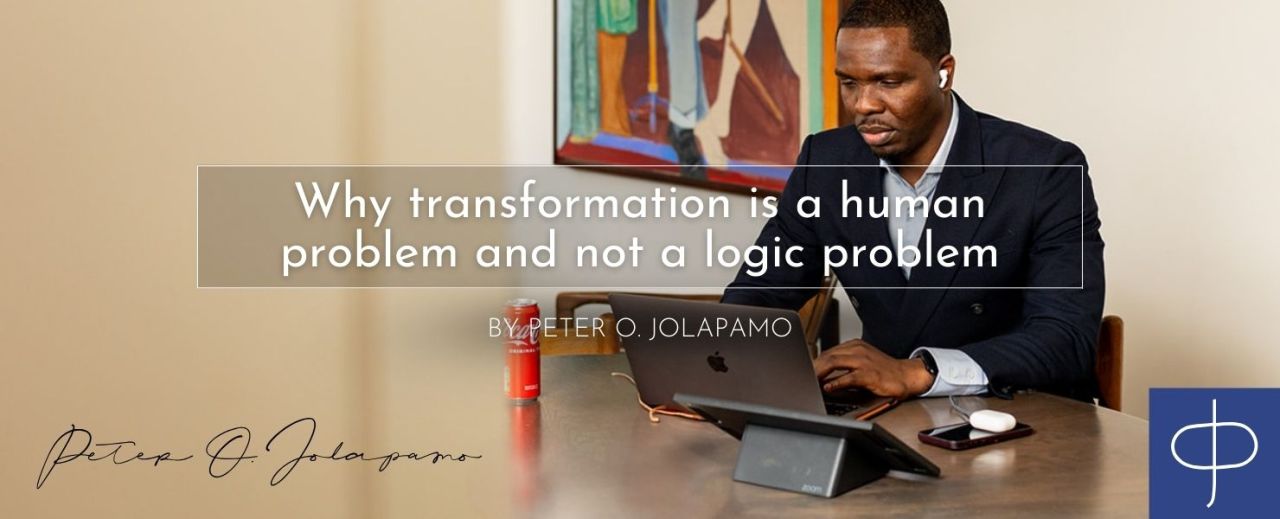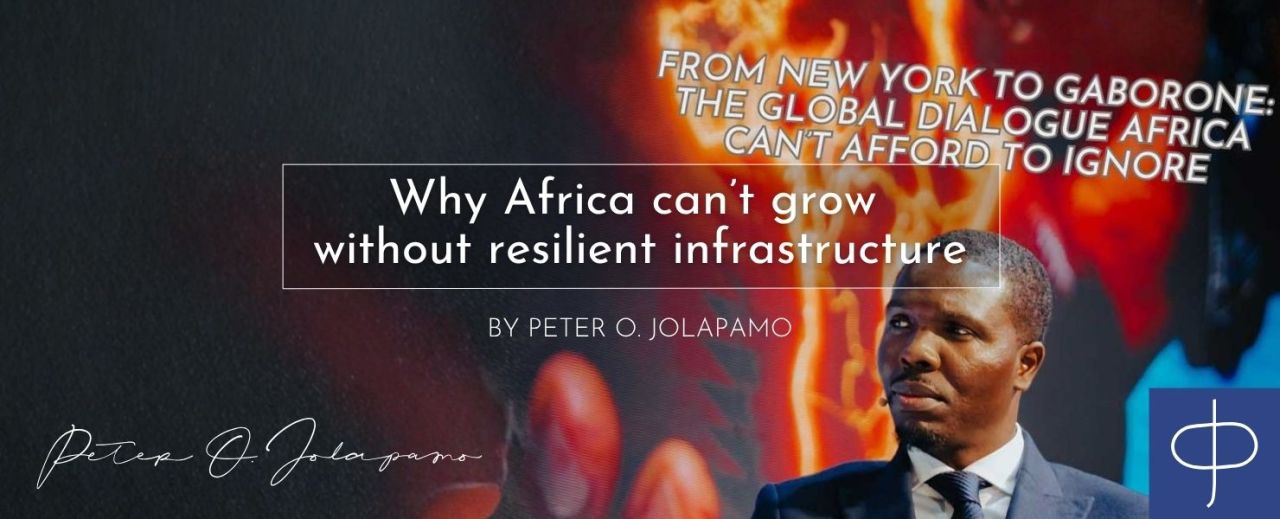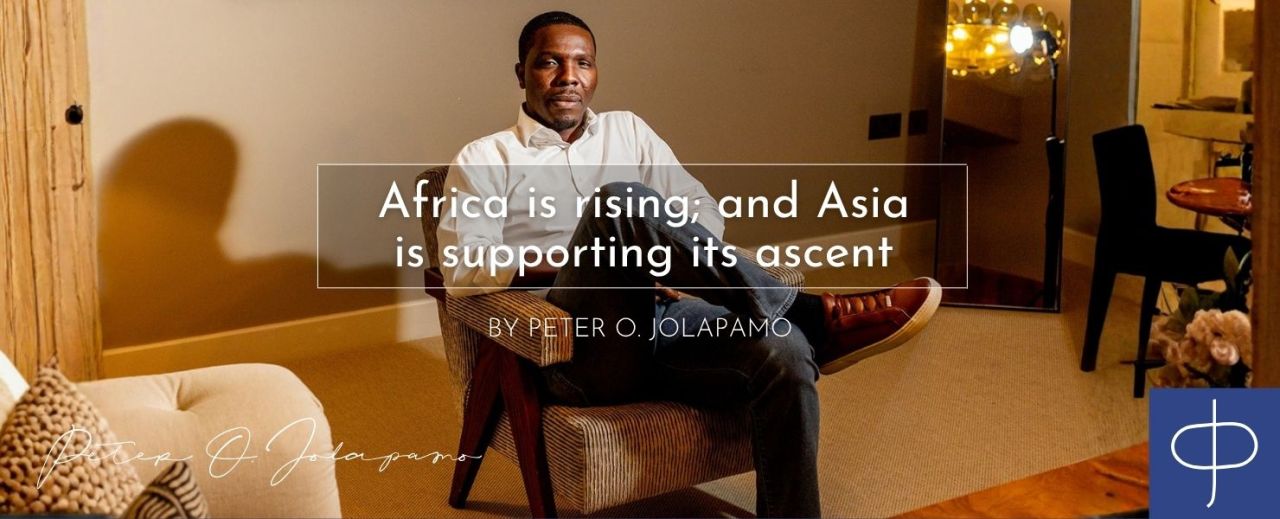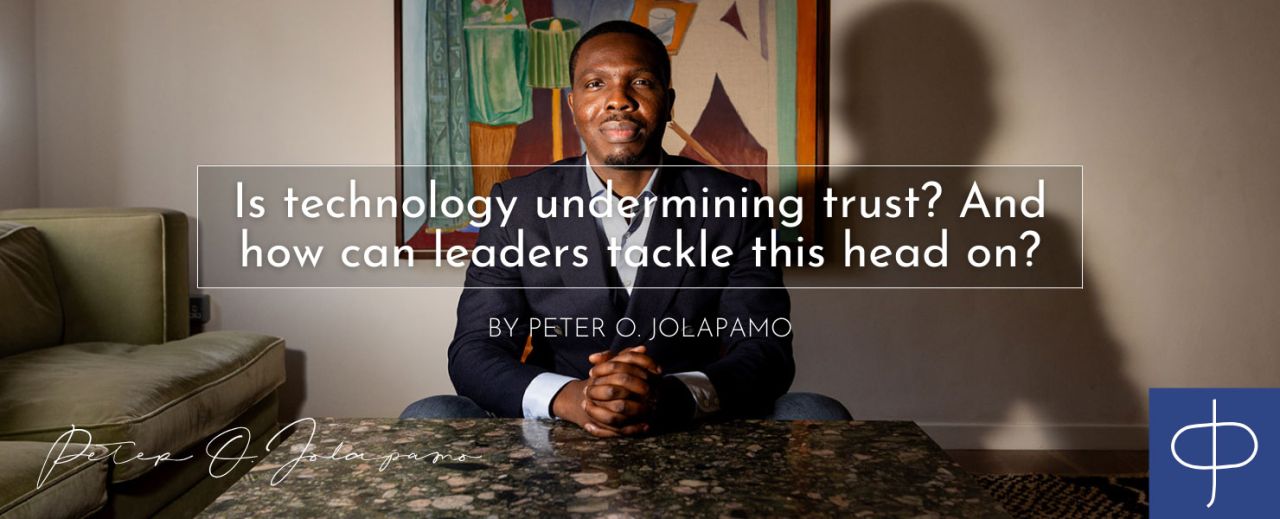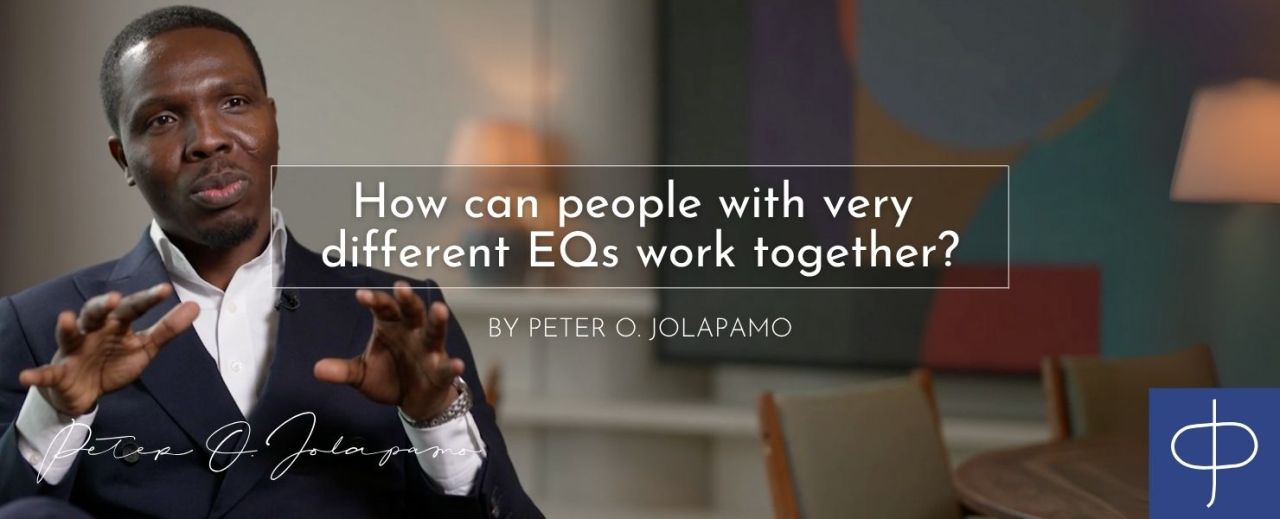
Keep calm and carry on! Why EQ is your life raft in a crisis.
The easiest response in a crisis is to get angry and look to blame. It takes EQ to recognise your part in a situation. I hold up the quarterback for the Kansas City Chiefs, Patrick Mahomes, as someone who showed perfect EQ in a really tough situation.
Sat in front of the press at a conference after his team’s defeat in the Super Bowl, he could have thrown out excuses and blame. Instead, he took the hits and said that he would learn from the experience. It would have been so humbling for him but was also humbling to watch. He was human and relatable – showing the emotional skills that Chris Hyams, the CEO of jobs platform Indeed, told Fortune will be what employees look increasingly for as AI in particular takes over some aspects of some roles.
When our EQ vanishes
Only a few months ago, I was in a situation in which my EQ went out of the window. In my line of work, you are ultimately selling ideas. If executed right, these ideas will allow you to hit the goal. You therefore spend a lot of time to get buy-in; making sure that your clients are aligned with the decisions that need to be made and agree on the outcomes that the project is focused on.
In this specific situation, I had spent weeks getting a senior client on board because I knew that he was critical to helping us achieve the objectives with the wider group. But the actual day of the meeting came, and he did a complete 180 degree turn in the board meeting. He focussed on the short-term and declared that we weren’t all in agreement, and chose to ignore the long-term picture – for which we did have a supported plan.
“I have worked on my EQ for decades and yet in that moment of crisis – when I felt trust had been eroded and integrity pushed aside – I didn’t call on it.”
My reaction was immediate. I became defensive because I was extremely frustrated. I felt upset because I thought his move was in poor form, but I also knew how much work my team had put in to get us all to this point. I usually listen and then respond. Instead, I was sharp in my tone and I lost my composure. I have worked on my EQ for decades and yet in that moment of crisis – when I felt trust had been eroded and integrity pushed aside – I didn’t call on it.
Times are tough
I am sharing this because I recognise that it’s not easy to use your EQ, especially in a crisis when things feel really personal. And it seems apt to write now when there is so much instability. The annual Gallagher Business Risk Index, last published in August 2024, asked 1,000 leaders of UK businesses to identify their top five risks. The cost-of-living crisis topped the list for the second year, but competition, cybercrime and high material costs also got a mention. Add the unstable geopolitical situation, the rapid pace of technological changes and compliance demands to these; and you can see why CEO departures have reached record levels and why Mental Health UK reported in January that 34% of adults experienced high or extreme levels of pressure or stress ‘always’ or ‘often’ last year.
How can EQ help in a crisis?
First of all, a key aspect of this is self-awareness. Thinking back to that moment in the boardroom, I could have taken a mental step back before becoming defensive. Even a few deep breaths or a pause in speaking might have helped me regain composure. If needed, I could have made a note to revisit the issue later, perhaps after speaking with a trusted colleague who can offer honest, objective feedback. Either way, it would have been an intentional choice to avoid reacting in a way that wasn’t constructive.
Unfortunately, the self-awareness only hit me after my meeting. I realised that I needed to try and understand my client’s position. I needed to draw on another key tenet of EQ – my empathy. What was he trying to protect in this moment? What did he need from this? Was this more about his credibility within the organisation than the holistic objective that we were trying to achieve?
Taking the time to pause, reflect, and apply my EQ gave me much-needed perspective. It allowed me to approach him again and reframe the conversation in a way that helped us find common ground. I won’t pretend it was easy – it was a tough situation and a challenging discussion. But by leaning into empathy and adaptability, we were able to work through it and reach a resolution. Without that EQ-led approach, we’d likely still be stuck and without a deal.

